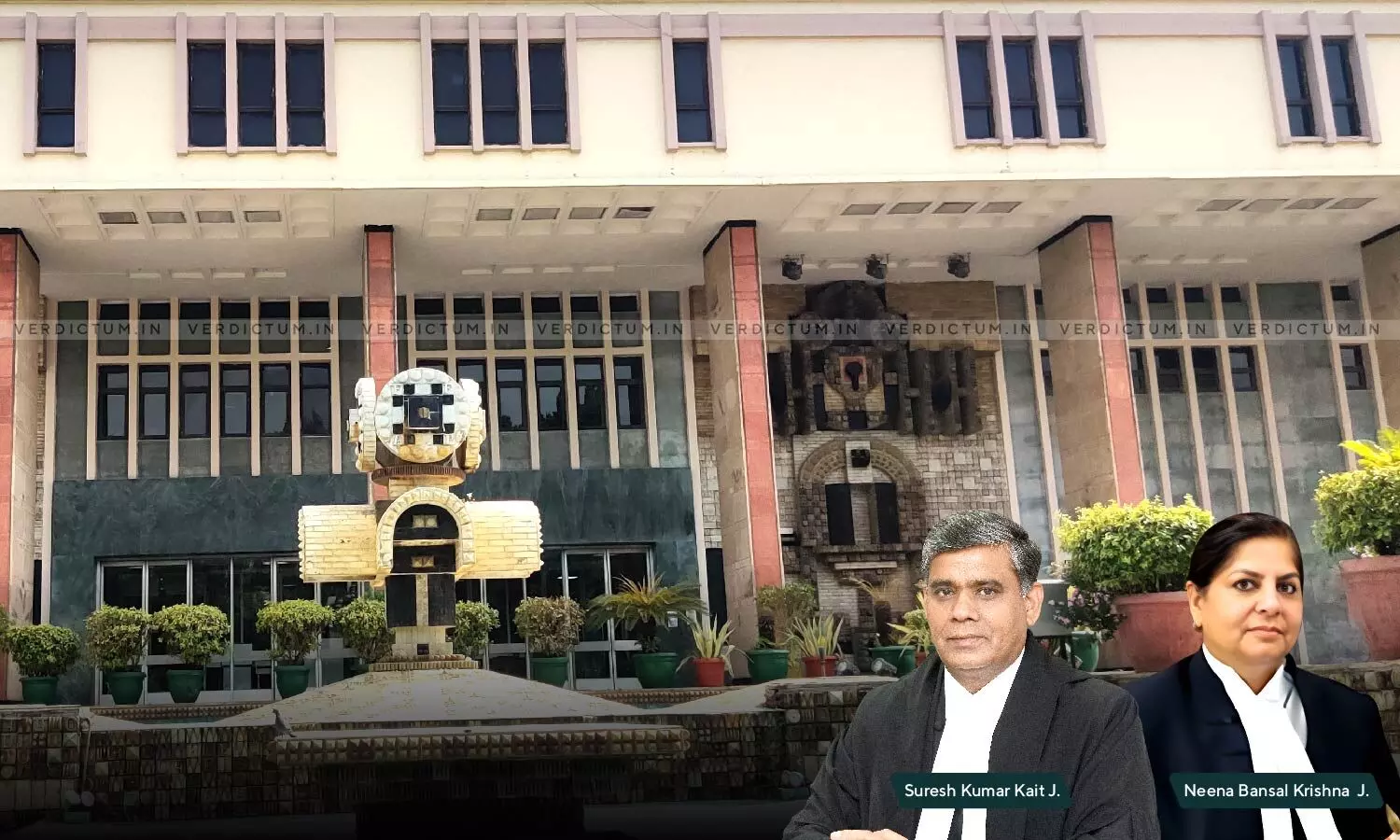
If Wife Refuses To Perform Religious Duties Like Fasting On Karwachauth, Is It 'Cruelty'? Delhi HC Answers While Upholding Divorce Granted To Husband
 |
|The Delhi High Court emphasized that mere differences in religious practices and not performing certain religious duties, such as fasting or not fasting on Karwachauth, in isolation, do not qualify as acts of cruelty.
However, when such differences are juxtaposed with other conduct, they can reflect a broader disregard for the marital bond and mutual respect integral to a matrimonial relationship.
In this case, Court determined that the marriage had deteriorated beyond repair, with both parties experiencing a profound loss of trust, love, and affection for each other. Given the prolonged disputes, false allegations, and the evident acrimony between them, the Court held that any continuation of the marriage would only perpetuate further harm and cruelty. The appeal by the wife was dismissed, upholding the divorce decree granted on the grounds of cruelty under Section 13(1)(ia) of the HMA, 1955.
The husband had filed for divorce citing cruelty and desertion.
A Division Bench of Justice Suresh Kumar Kait and Justice Neena Bansal Krishna held, “we may hasten to clarify, that fasting or not fasting on Karwachauth may be an individual choice and if dispassionately considered, may not be termed as an act of cruelty. Having different religious beliefs and not performing certain religious duites, perse would not amount to cruelty or would not be sufficient to severe a marital tie. However, when coupled with the conduct of the appellant/wife and in the circumstances as proved by the respondent/husband in the present case, it is established that non-conforming with the prevalent rituals in Hindu culture, which symbolizes love and respect for the husband as well as the matrimonial relationship, fortifies the irresistible conclusion that appellant/wife had no respect for the respondent/husband and their marital bond. It also reflects that the appellant/wife had no intention to continue her marriage with the respondent/husband.”
Advocate Meenakshi Kalra appeared for the Appellant and Advocate A.P. Mohanty appeared for the Respondent.
The Court noted that the couple lived together for only about one year and three months. The wife was absent from the matrimonial home for significant durations without any valid reason. She had filed false complaints against the husband, causing mental agony. She acted as a widow during a time when the husband was injured, showing disrespect for the marital bond.
The Court said, “the conduct of the appellant/wife can only be interpreted as a manifestation of no respect for the matrimonial relationship and her husband. Nothing can be a more harrowing experience for a husband than to see his wife act as a widow during his lifetime, that too in a situation where he was seriously injured and expected nothing more than care and compassion from his significant other half. Undeniably, such conduct of the appellant/wife can only be termed as an act of extreme cruelty towards the respondent/husband.”
The Court observed that filing repeated and unexplained complaints against the husband and his family was considered cruelty. The wife's long separation without any attempt at reconciliation was viewed as an act of cruelty. The Court added, “the appellant/wife filed the complaint under DV Act, 2005, again not confined to the respondent/husband alone but his family members including his old father, brothers, and even married sisters, out of whom one sister was residing in Dubai. This can be interpreted only as a vindictive act on the part of the appellant/wife to unnecessarily embarrass, harass and agonise the respondent/husband for feeling responsible for the harassment caused to his family members on his account.”
The Court found evidence of cruelty by the wife towards the husband. The Court added, “We thus, conclude that the evidence on record proved that there is no chance of reconciliation between the parties and such long separation peppered which false allegations, Police reports and criminal trial can only be termed as mental cruelty. The marital discord between the parties has pinnacled to complete loss of faith, trust, understanding, love and affection between the parties. This dead relationship has become infested with acrimony, irreconcilable differences and protracted litigations; any insistence to continue this relationship would only be perpetuating further cruelty upon both the parties.”
The appeal by the wife was dismissed, upholding the divorce granted on the grounds of cruelty under Section 13(1)(ia) of the HMA, 1955.
Cause Title: Beena Nautiyal v. Kamal Kishore Nautiyal, [2023:DHC:9259:DB]
Click here to read/download Judgment